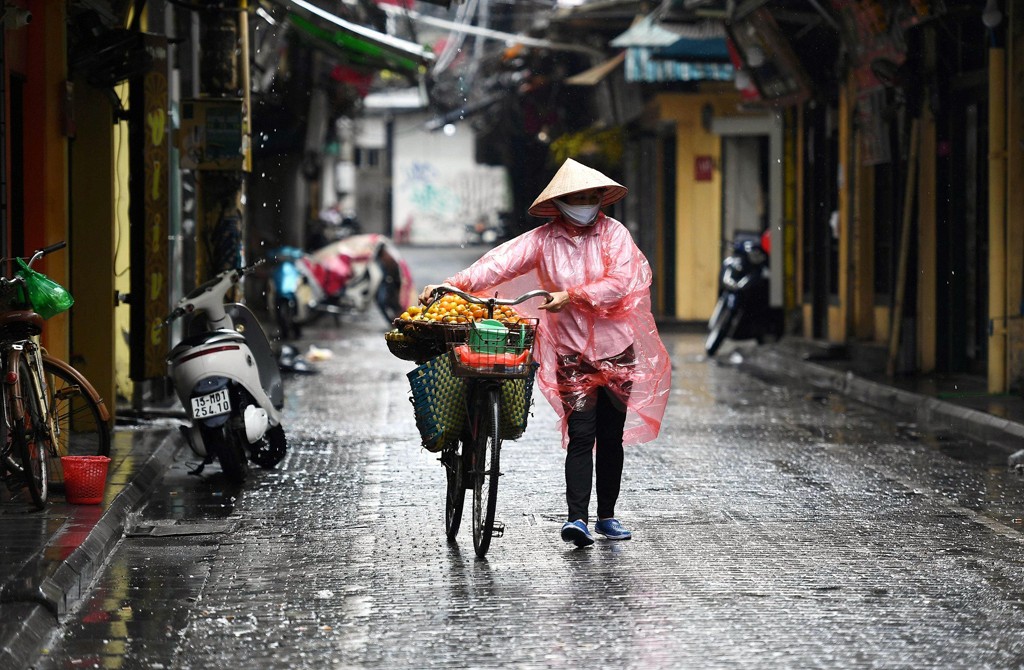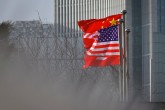The coronavirus pandemic has many different aspects that need to be scrutinized. Economic and political consequences and the problems concerning public health and medical services are being discussed and evaluated more frequently since the spread of the pandemic. The scientific community’s fundamental priority is to produce a vaccine for the coronavirus. There are also efforts to reduce the mortality rates and to improve the quality of medical services for patients who are infected by the virus. Not all countries have the capabilities, expertise and resources to enhance their medical infrastructures rapidly. Many countries around the world took significant measures to help and stimulate the economies that are negatively affected by the consequences of the pandemic.
Improving the immunity of individuals against the virus is recommended by almost all physicists. This is the only know approach to fight against the virus for the time being. The idea of “herd immunity” led to catastrophic consequences in some countries; the practice was immediately abandoned after several days in places where it was practiced. Not everybody is lucky enough to be able to develop immunity, especially people with pre-existing medical conditions and older people, who are more vulnerable to the virus.
Immunity to the economic, social and political aftershock of the pandemic is a much more complicated phenomenon. There are genetic commonalities among human beings, whereas there are many different societal structures and political systems that make the response mechanisms impossible to harmonize. The bodies and societies that are more immune to the virus will have a better track record to handle the problem. If found, the vaccine will improve the immunity systems to fight against the virus. Unfortunately, there are no vaccines that would help fix issues in social, political and economic arenas. Not all countries have the capability to deal with these impacts. The main question for many comparative social scientists is which of the political and economic systems will be more resilient for the aftershocks of the COVID-19 pandemic – which countries, which political systems and which set of policy measures will be more successful in returning to the “normal” will be a key concern for comparative analysts.
The process that many people all around the world are experiencing is a global social experiment. This “natural experiment” is testing some of our earlier convictions about social and political realities. It examines policy responses of different countries, and it is at the same time forcing us to think outside of the box and consider new conditions that we were not accustomed to before the outbreak of the pandemic. This is both a challenge and an opportunity for many social scientists and policymakers. We may need to revise some of our earlier teachings, theories and practical approaches.
While very few states, companies and institutions are trying to prepare for the realities of the post-coronavirus era with structural changes, the majority assume that this will be just a temporary period. Some actors will be able to adapt themselves to the realities and the conditions of the post-coronavirus era. In contrast, others will face more severe adaptation problems, and some of those actors will probably disappear. Like immunity, the concept of resilience will be a more popular term for social scientists in the coming period. Although the COVID-19 pandemic is a global phenomenon, it will have different impacts and leave varied traces in different countries or regions. Different segments of societies will be influenced differently by the pandemic. Some societies are more prepared to deal with the negative consequences of the coronavirus, whereas others are quite vulnerable and fragile.
Resilient societies that have stronger social bonds, stronger social institutions, stronger societal trust and more robust capabilities to adapt themselves will be able to resist the aftershocks of the coronavirus more easily. Many of our earlier liberal convictions will be tested in the post-coronavirus era. Markets will not return to normal without extensive state interventions, individuals will be more vulnerable in comparison to communities and more influential states with better public services will outperform the countries with privatized public services. Societal resilience will be the important term because the societies that are fragmented and polarized will be more vulnerable in the struggle to develop solidarity in times of crisis like the current one. Recovery efforts will be less efficient if the main actors cannot reach a consensus and work with sympathy.
There are some successful examples of post-crisis normalization in recent history, such as Franklin D. Roosevelt’s New Deal or Western Europe’s post World War II recovery programs. There are also examples of authoritarian resilience and recovery, which is seen in Asian countries. Neoliberal economies performed successfully in terms of macro numbers such as gross domestic product (GDP), growth and macroeconomic variables, but they left behind a societal mess. Rich people will be able to recover from the crisis and they will probably be able to prosper more. Companies have responsibilities to the societies from which they made their wealth. Still, they will be in a stronger position to counter the pressures of the governments if the current economic system continues with minor revisions.
There will be more severe mass poverty and more polarization in societies after the crisis. Informal ties and networks and strong societal solidarity may help alleviate the impacts of the crisis. Still, entirely new measures need to be taken to improve the resilience of the crisis-affected societies. Those measures will look very different than the ones that we have been accustomed to in the last 30 years. We will continue to discuss societal and political resilience in the coming years. Macro-economic numbers and large-scale comparisons will lose their significance. Different societies will have various vulnerabilities, and they have to tailor different policies to strengthen their resilience. Local answers and solutions will be more important, but those can only work within broader regional and/or global solidarity.
[Daily Sabah, 30 April 2020]



